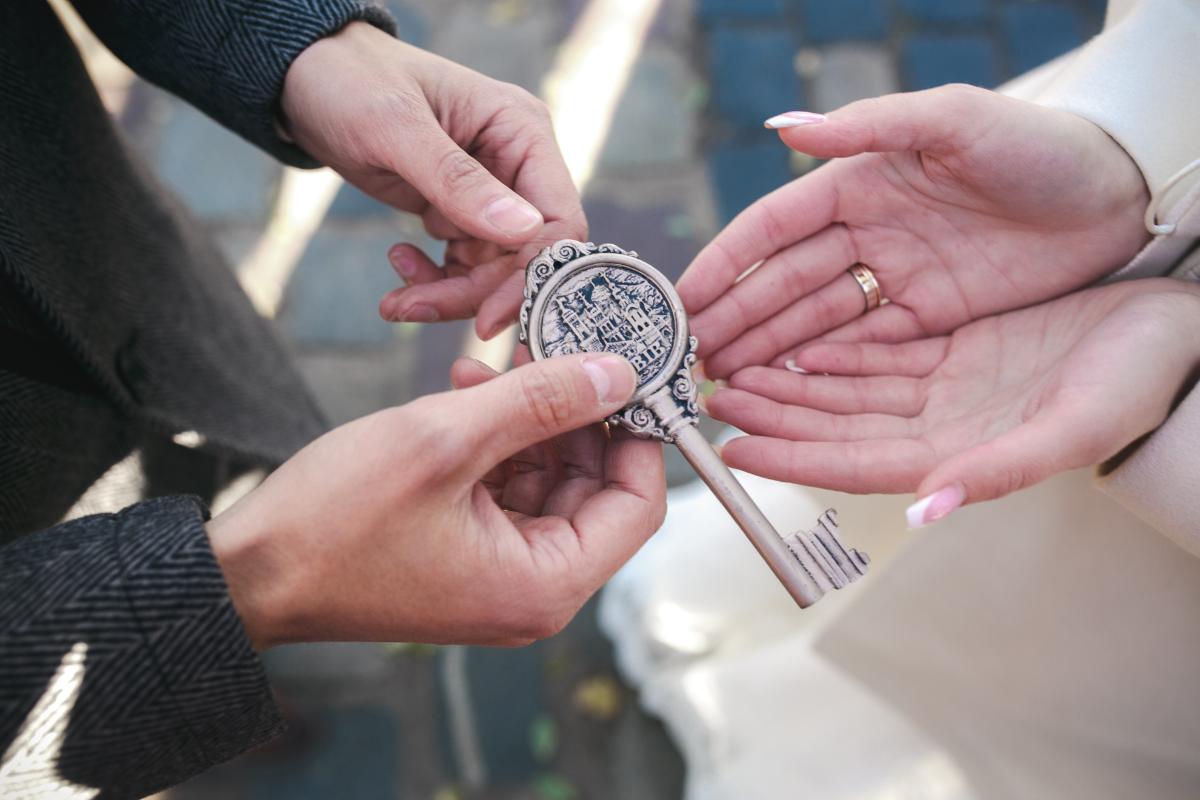Yes — a family trust can be changed, but only within legal limits
In Australia, family trusts (typically discretionary trusts) are governed by the terms set out in the trust deed and relevant state legislation. The ability to change the trust depends on the powers of amendment expressly provided in the trust deed. Where such powers exist, trustees and other authorised parties (e.g. appointors or the settlor, depending on the trust structure) may modify the trust’s terms — but only within the legal boundaries permitted.
Key Parties Involved in Trust Modifications
Understanding who holds power to change a family trust is central to executing any valid amendment.
- Trustee: Administers the trust and may have the power to amend its terms if the deed allows.
- Appointor: Can typically remove and appoint trustees and may have consent rights over amendments.
- Settlor: In most cases, their role ends after establishing the trust, though some deeds include specific ongoing rights.
- Beneficiaries: Usually do not hold amendment powers, but may indirectly influence decisions.

Legal Mechanisms for Changing a Family Trust
Family trust variations can occur through several legal mechanisms:
- Amendment clause in the deed: Most modern trust deeds include an express power of variation. This clause outlines who can make changes and under what circumstances.
- Variation by court order: If the trust deed lacks flexibility, an application may be made to the Supreme Court (under state Trustee Acts) to approve a variation — usually in cases involving benefit to beneficiaries, mistake, or hardship.
- Resettlement risk: A significant change to a trust’s structure, purpose, or class of beneficiaries may trigger a legal resettlement, which can have tax consequences (e.g. CGT events, stamp duty).
Common Reasons to Change a Family Trust
Family circumstances, legal updates, and commercial needs can all drive the need to amend a trust. Examples include:
- Adding or excluding beneficiaries
- Changing distribution policies
- Responding to changes in tax law
- Updating trustee powers or administrative clauses
- Addressing succession planning needs
However, all changes must be made in accordance with the powers granted in the trust deed. If not, the amendment may be deemed invalid.

Revocable vs Irrevocable Trusts in Australia
Australia does not formally distinguish between “revocable” and “irrevocable” trusts like the U.S. system. However:
- Most family trusts in Australia are irrevocable in the sense that they cannot be unilaterally revoked once created.
- However, they are often amendable where the trust deed permits changes via a valid variation clause.
- The degree of flexibility depends entirely on the drafting of the original deed and the ongoing trust administration.
Legal Limits and Risks of Amending a Trust
Trust modifications carry legal risks, including:
- Breach of trust: If a trustee makes unauthorised changes, they may be personally liable.
- Resettlement: A variation that creates a substantially new trust may be considered a resettlement, leading to adverse tax and duty consequences.
- Beneficiary disputes: Amending beneficiary entitlements may lead to legal challenges if not executed properly.
- Inconsistency with trust purpose: Changes that conflict with the trust’s original purpose or objects may be void.
Legal advice should always be sought before any amendment is made to assess compliance and avoid unintended consequences.

FAQs: Can a Family Trust Be Changed?
Below are detailed answers to common legal queries sourced from real user searches:
How to modify a family trust?
To modify a family trust, first check the trust deed for an express power of variation. If permitted, the trustee (and possibly the appointor) must follow the required process, which often includes signing a formal deed of variation. If the deed is silent or restrictive, court approval may be required.
Modifying a revocable family trust vs irrevocable trust
In Australian law, most family trusts are not designed to be “revoked” but can be amended where the deed allows. Revocability is not a separate trust category under Australian law, unlike in the U.S.
Changing an irrevocable family trust
Changes to an irrevocable family trust may be possible via the variation clause or by court application. However, there are limits. Changes cannot defeat the trust's original objectives or bypass the rights of beneficiaries unless legally justified.
How to amend a trust deed?
A trust deed is amended by executing a deed of variation, which must comply with the original trust’s terms. It must be drafted clearly, signed, dated, and properly stored with the original deed.
Reasons to change a family trust
Legal and commercial triggers include:
- Adding/removing beneficiaries
- Updating distribution powers
- Adapting to tax changes (e.g. Division 7A compliance)
- Appointing or removing trustees
- Updating succession planning provisions
Final Legal Takeaway
Yes, a family trust can be changed in Australia — but only where the deed allows it, and only if the changes comply with fiduciary obligations and do not amount to a legal resettlement. Legal advice is essential before attempting any amendment, especially when the variation affects beneficiaries, alters core provisions, or involves tax-sensitive matters. If you are uncertain about the process, knowing how to find a family lawyer is the first step to ensuring your trust variations are valid and legally sound.

LegalFinda Editorial Team
The LegalFinda Editorial Team is composed of qualified Australian solicitors, legal researchers, and content editors with experience across family, property, criminal, and employment law.
The team’s mission is to translate complex legislation into clear, reliable guidance that helps everyday Australians understand their legal rights and connect with the right lawyer.



